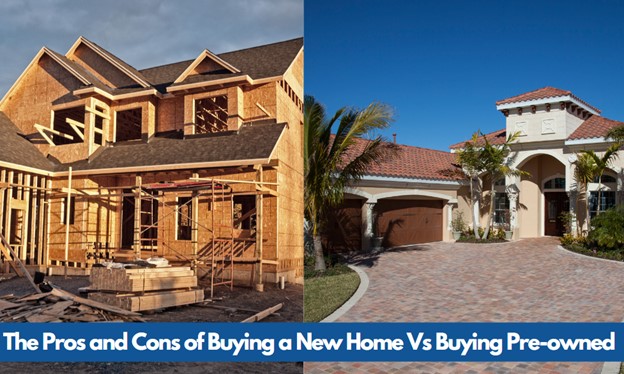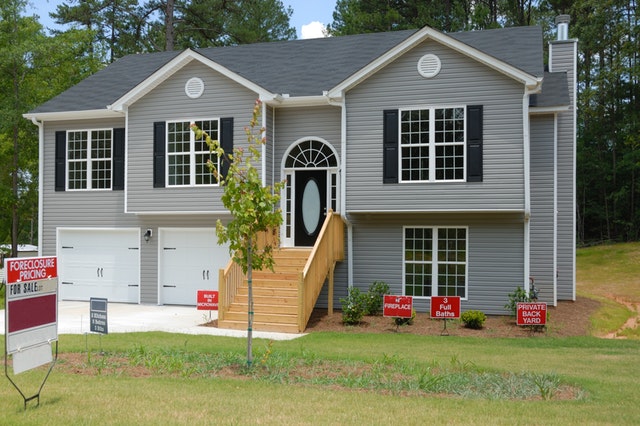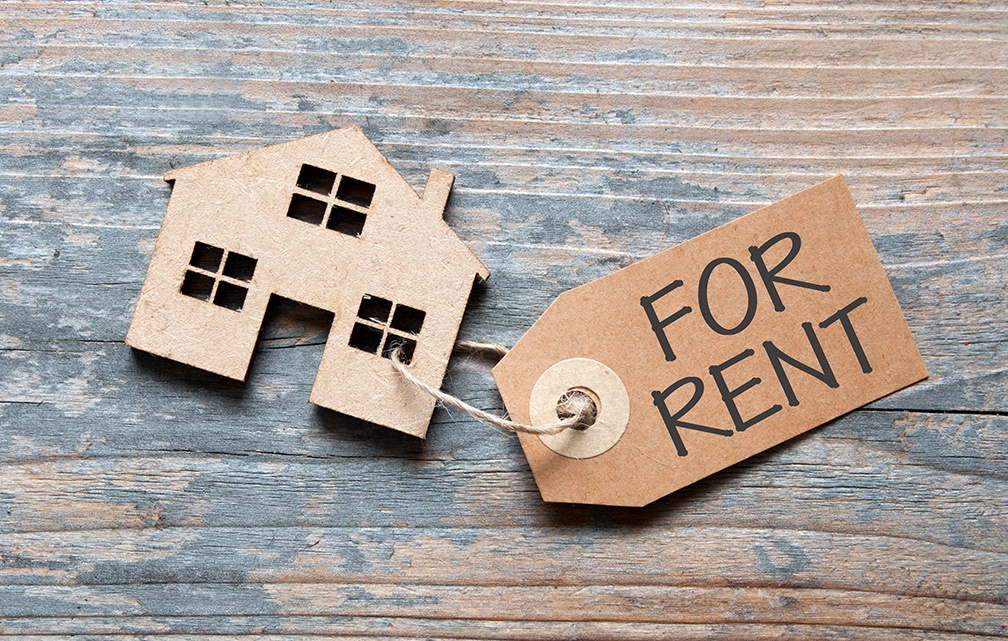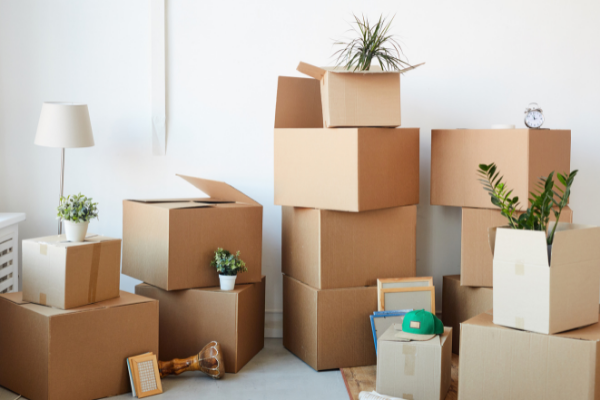The Pros and Cons of buying new VS Pre-Owned
 Buying a home is a significant investment, and one of the most important decisions to make when buying a home is whether to purchase a new or pre-owned property. Here are some pros and cons of each option:
Buying a home is a significant investment, and one of the most important decisions to make when buying a home is whether to purchase a new or pre-owned property. Here are some pros and cons of each option:
Pros of buying a new home:
Customization: With a new home, you have the ability to customize and personalize the space to your liking, including choosing finishes, colors, and layouts.
Energy Efficiency: New homes often come with energy-efficient features, such as double-pane windows, modern insulation, and energy-saving appliances, which can save you money on utility bills.
Warranty: New homes usually come with a warranty that covers defects and repairs for a certain period of time.
Low Maintenance: Since everything in a new home is brand new, there is less need for repairs and maintenance in the early years.
Cons of buying a new home:
Cost: New homes are often more expensive than pre-owned homes due to the cost of land and construction materials.
Location: New homes are often built in new developments, which may be further away from established neighborhoods, schools, and other amenities.
Lack of Character: New homes may lack the charm and character of older homes, which may have unique architectural details and historic features.
Pros of buying a pre-owned home:
Affordability: Pre-owned homes are often less expensive than new homes, especially if they require some updates or renovations.
Established Neighborhoods: Pre-owned homes are often located in established neighborhoods with mature trees and amenities like parks, schools, and shops.
Character: Pre-owned homes often have unique features, such as original hardwood floors, fireplaces, and architectural details, that give them character and charm.
Cons of buying a pre-owned home:
Repairs and Maintenance: Pre-owned homes may require more repairs and maintenance, especially if they are older and have not been well-maintained.
Lack of Customization: Pre-owned homes may not be as customizable as new homes, and you may have to live with features that you do not like.
Energy Efficiency: Pre-owned homes may not have the same level of energy efficiency as new homes, which can result in higher utility bills.
Ultimately, the decision to buy a new or pre-owned home depends on your priorities, budget, and personal preferences. It is important to consider all factors and work with a reputable real estate agent to find the right home for you.

 Many people romanticize the idea of paying off their home mortgage early so they can enjoy their home in retirement, but when it comes to the later years of life, a big house can actually be too much to handle. If you’ve started to consider a smaller home and are wondering why it might be a good decision for you and yours, here are a few things you may want to consider.
Many people romanticize the idea of paying off their home mortgage early so they can enjoy their home in retirement, but when it comes to the later years of life, a big house can actually be too much to handle. If you’ve started to consider a smaller home and are wondering why it might be a good decision for you and yours, here are a few things you may want to consider. Home equity is the difference between what your home can sell for and what you owe on it. Generally, the longer you own your home, the more equity you build.
Home equity is the difference between what your home can sell for and what you owe on it. Generally, the longer you own your home, the more equity you build. Rent has gone up significantly during the past year. Even though it is not unusual for rent to go up over time, the average rent across the country has increased significantly during the past year. This means that the average rent will probably be even higher next year than it is this year. Even though this is one of the biggest deterrents against renting, there are other reasons to get out of the rental market as well.
Rent has gone up significantly during the past year. Even though it is not unusual for rent to go up over time, the average rent across the country has increased significantly during the past year. This means that the average rent will probably be even higher next year than it is this year. Even though this is one of the biggest deterrents against renting, there are other reasons to get out of the rental market as well.  The thrill of purchasing a new home is unparalleled; however, once you close on the sale, the dreaded unpacking process begins. You probably did not realize just how much stuff you had until you had to pack it all up. Worse yet, you need to unpack it when you get to your new home. If you don’t unpack intelligently, your new home could end up disorganized and full of clutter. With this in mind, how can you unpack without leading to a tremendous amount of clutter in your home?
The thrill of purchasing a new home is unparalleled; however, once you close on the sale, the dreaded unpacking process begins. You probably did not realize just how much stuff you had until you had to pack it all up. Worse yet, you need to unpack it when you get to your new home. If you don’t unpack intelligently, your new home could end up disorganized and full of clutter. With this in mind, how can you unpack without leading to a tremendous amount of clutter in your home?